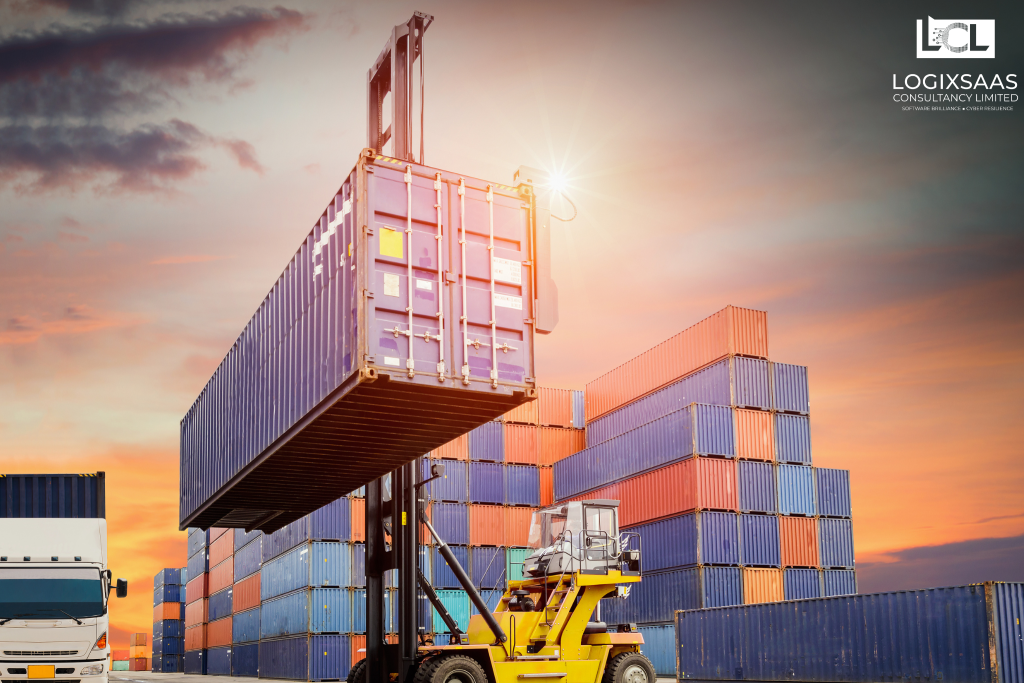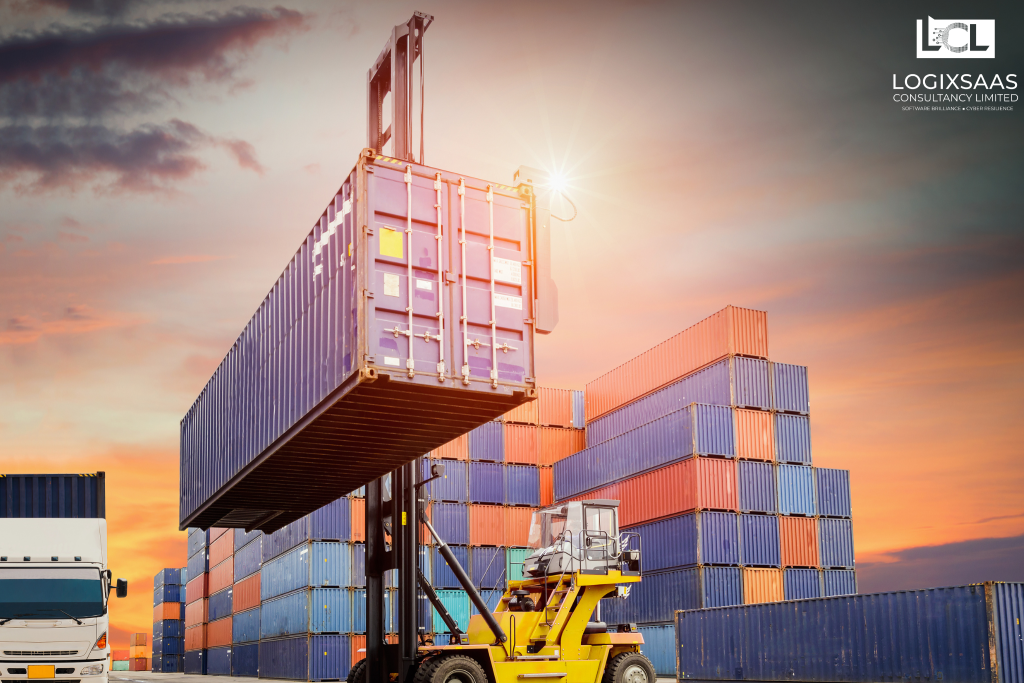The Evolving Landscape of Logistics in Kenya


Logistics in Kenya is undergoing a remarkable transformation. With the rapid growth of e-commerce, advancements in technology, and significant infrastructure improvements, the logistics sector is becoming a vital component of the country’s economic development.
Let’s explore the current trends, challenges, and opportunities in the logistics industry in Kenya.
Growth of E-commerce and Its Impact
First and foremost, the rise of e-commerce in Kenya has significantly impacted the logistics sector. With online shopping becoming increasingly popular, there is a growing demand for efficient and reliable delivery services.
Companies like Jumia and Kilimall have set the stage, and many local businesses are following suit. Consequently, the logistics industry is evolving to meet these new demands.
Technological Advancements
Moreover, technological advancements are playing a pivotal role in shaping logistics in Kenya. Modern logistics companies are adopting advanced tracking systems, mobile applications, and automated processes to streamline operations.
For example, real-time tracking allows customers to monitor their packages throughout the delivery process, ensuring transparency and peace of mind. Additionally, technology enables logistics companies to optimize routes, reduce delivery times, and enhance overall efficiency.
Infrastructure Development
In addition to technology, infrastructure development is a key factor in the growth of logistics in Kenya. The government and private sector are investing heavily in improving road networks, ports, and airports. These developments are facilitating the movement of goods across the country and beyond.
For instance, the expansion of the Mombasa Port and the construction of the Standard Gauge Railway (SGR) have significantly boosted the logistics capacity in Kenya. These infrastructure improvements are not only enhancing the efficiency of logistics operations but also contributing to economic growth.
Challenges Facing Logistics in Kenya
However, despite these advancements, the logistics sector in Kenya faces several challenges.
One of the main issues is the high cost of logistics, which can be attributed to various factors, including fuel prices, inefficient processes, and bureaucratic red tape.
Additionally, the sector is still grappling with inadequate infrastructure in some areas, leading to delays and increased operational costs.
Opportunities for Growth
Nevertheless, the challenges also present opportunities for growth and improvement. For example, there is a growing focus on sustainable logistics practices.
Companies are increasingly adopting eco-friendly measures, such as using electric vehicles and optimizing delivery routes to reduce carbon footprints.
Furthermore, the integration of advanced data analytics and artificial intelligence (AI) can help address inefficiencies and improve decision-making processes.
Inclusive Solutions for All
Importantly, inclusive solutions are essential for the sustainable growth of logistics in Kenya. Ensuring that small and medium-sized enterprises (SMEs) have access to affordable and efficient logistics services is crucial.
By providing these businesses with the tools and support they need, the logistics industry can contribute to broader economic development and job creation.
The Role of Logistics SaaS Solutions
One notable advancement in the logistics sector is the adoption of Logistics Software as a Service (SaaS) solutions. Platforms like Logixaas offer comprehensive tools for managing logistics operations, from inventory management to order fulfillment. These solutions enable businesses to streamline their processes, reduce costs, and improve customer satisfaction. With features such as real-time tracking, automated workflows, and data analytics, Logixaas is transforming how logistics companies operate in Kenya.
Conclusion
In conclusion, the logistics sector in Kenya is evolving rapidly, driven by e-commerce growth, technological advancements, and infrastructure improvements.
While there are challenges to overcome, there are also significant opportunities for growth and innovation.
By embracing technology, investing in infrastructure, and adopting inclusive solutions, the logistics industry in Kenya can continue to thrive and play a crucial role in the country’s economic development.
By staying ahead of these trends and leveraging new technologies, businesses can ensure they remain competitive and meet the ever-changing demands of the market.
The future of logistics in Kenya is bright, and with the right strategies, it will continue to drive progress and prosperity for all.




